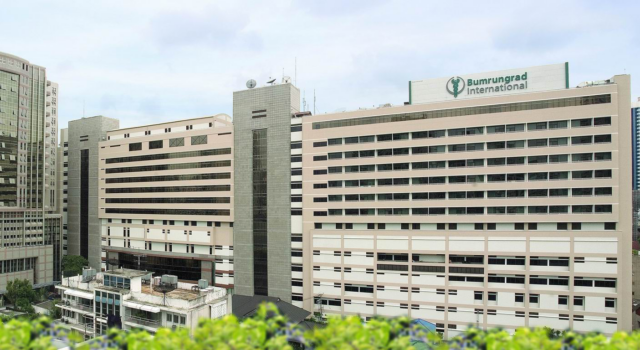
BC Platforms, a world leader in genomic data management and analytics, announced that it has entered into a research collaboration with the UK’s national biobanking platform in order to enable clinical and genetic data to be integrated, supported by the recently established Health Data Research UK; a research institute set up to help improve lives through better use of data. The biobanking platform – directory.biobankinguk.org – is hosted by the University of Nottingham’s UKCRC Tissue Directory and Coordination Centre (UKCRC TDCC) and run under the national registry for biobanks holding over 150 biobanks. Generation Scotland is the first biobank to be added to the system and will be demonstrated at the UK Biobanking Showcase conference, being held in London today. It is anticipated that this initial concept will be scaled to all UK biobanks and genomic cohorts and will be replicated across European countries wanting to adopt the UK model through working with European organisations such as BBMRI-ERIC and ELIXIR.
Data protection and governance is changing how data research is undertaken. Increasingly there is a need to discover data from multiple sources in order to construct a research proposal – this is especially true with biobanks. Therefore, the challenge is how to preserve the security of the data whilst allowing search, discovery and analytics across multiple sources.
The collaboration will see BC Platforms opening up its connector technology across the biobanking platform in order to develop an open standard that can be utilised and reimplemented by any accredited party. It has provided a license to its query engine to the University of Nottingham and will allow any party in the biobanking platform to develop their own version of the query engine or connector based on the open standard. The aim of this research collaboration is to create the foundations that enable biobanks to be included within the eco-system, but then to allow academic groups, technologists and industry to drive the future direction via open-source development. Working together, BC Platforms and the University of Nottingham expect to have a full operational solution by the end of the first year that can then be utilised by biobanks using open interoperable connectors and standards.
Dr Philip Quinlan of UKCRC TDCC, commented on the research collaboration, “We have been impressed by the openness and willingness of BC Platforms to make its technology platform available across the biobanking platform in order to improve data sharing and its interrogation across the network. We believe that by combining BC Platforms’ technology with an open standards approach, we can propel the work of the national centre, UKCRC TDCC, by many years and are looking forward to a productive collaboration that will support us in being a leading platform for the discovery of genetic and clinical data for research.”
Tero Silvola, CEO of BC Platforms, said, “We are delighted to be working on this research collaboration with the UKCRC TDCC and look forward to implementing this solution across the UK biobanking ecosystem in order to progress standardized and systematic data sharing in a safe and secure manner.”
The UKCRC Tissue Directory and Coordination Centre (UKCRC TDCC)
The UKCRC TDCC works to maximise the use, value and impact of the UK’s human sample resources in the UK and beyond. It is guided by the belief that the biomedical research ecosystem should be based on open standards, open-science, and pre-competitive collaboration.
To achieve this, the UKCRC TDCC has focused on helping researchers find samples and data, helping sample resources improve their data systems, and harmonising policy on the discovery and use of samples and data. It is run by a small dedicated team in the University of Nottingham and University College London and was mandated by the UK Clinical Research Collaboration. For more information, please visit www.biobankinguk.org or follow us on Twitter, @biobankingUK.


